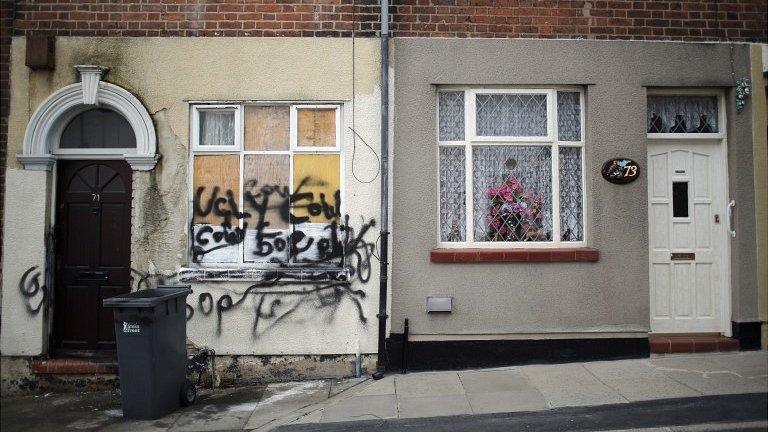Mark Carney: 'New normal' for UK interest rates is 2.5%
- Published
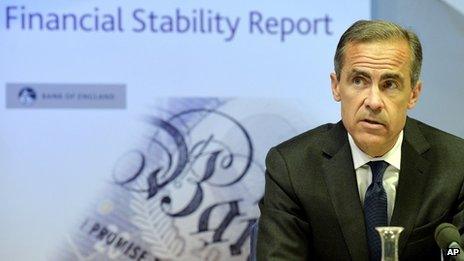
Bank of England governor Mark Carney has suggested the "new normal" for interest rates is likely to be about 2.5% when rates start to increase.
Speaking to BBC Radio 4's Today programme he also suggested the rates could reach this level in early 2017.
Mr Carney suggested a return to "normal" interest rates of 5% was unlikely in the medium term.
He also added that rate rises would be more gradual and limited than in the past.
The Bank governor said the timing of an interest rate rise was less important than the average level at which they would settle in the future.
He said: "The big picture is not whether the Bank Rate goes from 0.5% to slightly above that lowest ever level.
"That's not the big picture, the big picture is where interest rates go in the medium term, because if I am taking out a mortgage... and if I am thinking of investing in a new plant, if I'm thinking about taking on new people, that's what I care about."
Mr Carney added: "The guidance we are giving is... the time will come to raise interest rates... but when we raise interest rates we expect to do so in a gradual and limited fashion,"
Constraints
The Bank governor explained the reason for a more gradual increase in interest rates was that rate movements were likely to have a much bigger impact on household spending than in the past.
And he said household debt levels and a fundamentally altered financial system also meant it was virtually impossible to raise interest rates much above 2.5%.
He said: "What I am telling you is that the old normal is not the new normal."
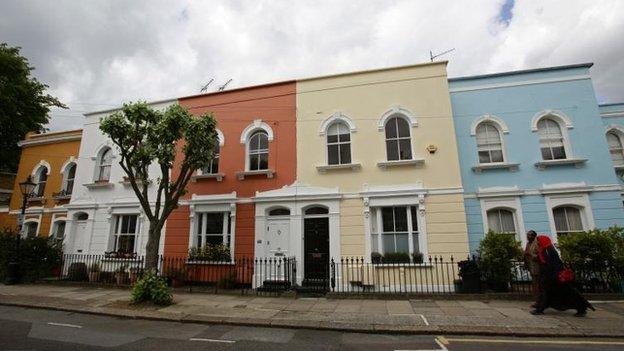
The Bank has announced plans to cap riskier mortgage lending amid fears of a housing bubble
"Normal was a much higher level than we will get to in order to bring the economy back to full employment and inflation at target.
"So the Bank of England [rate], which is at half a percentage point, historically would have moved to somewhere akin to 5%.
"If you look at financial markets their estimation about the next three years is around... let's call it 2.5% - slightly lower or it can be slightly higher - we see that as not inconsistent with returning the economy to where it was before."
Mr Carney added: "Why is that the case? Because things have changed. Households have a lot of debt, the government is still consolidating its financial position, Europe is weak, the pound is strong and the financial system has been fundamentally changed.
Mortgage cap
"[The financial system] has to carry a lot more capital, it has to carry a lot more of what is called liquidity insurance and it will pass on those costs to borrowers.
"And as a consequence of those factors, in order to bring the economy back to full employment, in order to get inflation back to target, the new normal is materially lower than the old normal."
His comments came a day after the Bank of England announced plans to cap riskier mortgage lending.
Under the proposals, lenders will not be allowed to lend any more than 15% of residential mortgages at more than 4.5 times a borrower's income.
Lenders will also have to check that mortgage applicants can cope with a three percentage point rise in interest rates - slightly tougher than current affordability checks.
The Bank said that the plans would not have an immediate effect on the current housing market, and would not suddenly harm a potential buyer's ability to get on the property ladder.
- Published26 June 2014
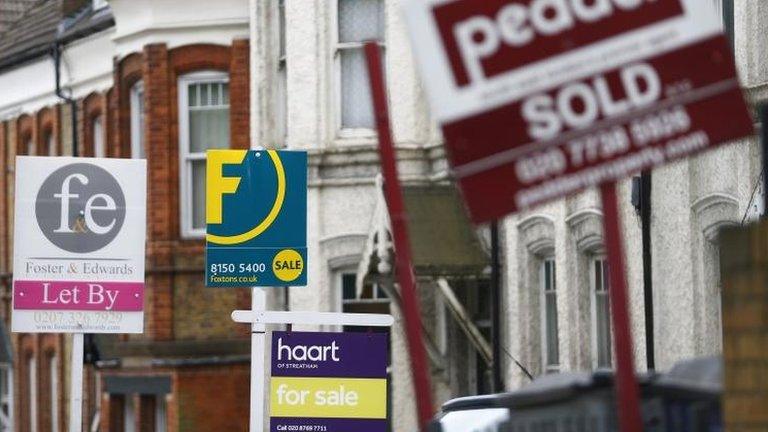
- Published26 June 2014
- Published26 June 2014
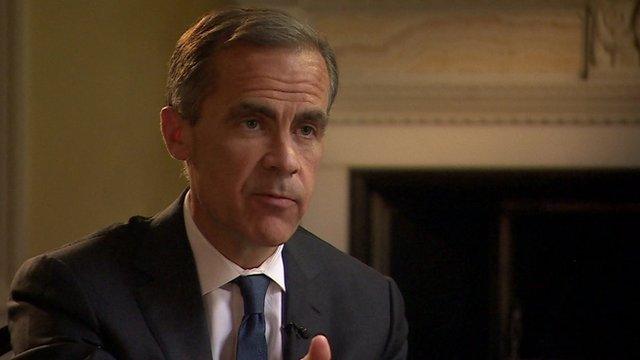
- Published26 June 2014
